7 Steps to Have a Long Baseball Career
Most of us are here because of our shared love for one thing: baseball. Throughout our careers, we all grow to appreciate the little things: the smell of freshly cut grass, the pop of the catcher’s mitt, and taking in the view from the dugout, eager to put life’s troubles aside for the next few hours.
Unfortunately, many of us don’t get to experience these things forever.
So why do we end up parting ways with the game we love? The end of the road usually comes down to one of three things: injury, burnout, or you weren’t good enough to compete at the next level.
7 Steps to Have a Long Baseball Career
To help those who’ve had to prematurely walk away from doing what they love most, this article will go over how you can put building blocks in place from when you were playing on your local Little League team all the way through the professional level to ensure your longevity in the game.
Little League Building Blocks

Play Other Sports
Little League and youth baseball are incredible for teaching children the rules of the game. More importantly, it gives kids an opportunity to develop a passion for baseball and associate feelings of joy, fun, and happiness with the diamond.
At the same time, it’s crucial that kids also participate in a variety of other sports.
Early specialization is real, and high-strung parents have no problem locking their child into one sport so they have a shot at a college scholarship. Kids need both physical and mental variability, and exposing them to multiple sports will satisfy both of those needs.
Step one for longevity on the diamond: Play more than just baseball during your Little League years.
Practice Gross Motor Skills, Coordination, and Agility
Prepubescent athletes don’t need to be partaking in a full fledge strength and conditioning program.
Firstly, they don’t have the hormones needed to reap the benefits of heavy resistance training, and secondly, they probably don’t need rigid constraints placed on how they should move.
But, early childhood is a critical period for an athlete to develop good motor skills, coordination, and agility. Because of a child’s plasticity and sensitivity to advancing their motor development, these years are a great time for them to practice moving their bodies in a variety of ways to help integrate visual, vestibular, and somatosensory information.
This will help give them a stronger base to work from later on in their athletic career.
High School Building Blocks
Get a Movement Assessment
These are the years when an athlete is constantly trying to adjust to their growing body, is probably playing in more games per year, and may be starting to lift weights.
For all those reasons, it’s now time to start making movement assessments a must.
Because of one’s athletic history, body type, and anatomy movement, compensations may start to rear their ugly head. Finding a quality physical therapist and strength coach who can identify where you move well/poorly and develop a plan to help you mitigate injuries is invaluable.
A well-done assessment will not only show you what you’re good and not good at, it will also direct how you train, warm-up, and even what throwing program is best for you. Get assessments early, often, and make it habit throughout your career.
Begin a Structured Strength & Conditioning Program
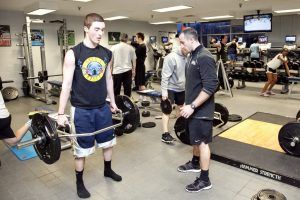
College Building Blocks
Master Time Management
If you’ve made it to the collegiate level you’ve shown that your skills are above and beyond those possessed by the majority of your peers.
Your lack of skills or physicality often isn’t what breaks you at this level; it’s the pressures of having to manage multiple aspects of your life that will hurt your performance.
In high school, you go to school from 8-2, practice and play, go home and eat mom’s cooking, and repeat. You now have to go to multiple classes, study, cook, do your laundry, pay for things yourself, and, on top of that, practice and play.
If you want to be successful at this level and prolong your career, you must develop good organizational skills, learn to make lists, and manage your time.
Become a Creature of Habit
Each ensuing year after high school will become more stressful. You’ll have more responsibilities and the pressure to perform well will continuously increase as you get closer to competing at the next level.
Creating routines and good habits are critical to help minimize stress and set yourself up for success. Creating routines for how you go about your studies, practice, nutrition, training, and mental preparation will allow you to block out unnecessary stress and keep you focused on reaching your goals on the field.
Professional Building Blocks
Learn to Love Recovery
By the time you’ve reached the professional level your body will have accumulated a lot of games played or innings thrown–and you’ll want to have many more in your future.
With that said, prioritizing recovery will greatly enhance your chance at having a successful career.
Fitting so many games into such few months means you must learn what your body needs to help your muscles and nervous system recover to the best of their ability every day. Below is a list of common recovery modalities that can be of great help while enduring long seasons:
- Manual Therapy
- Mobility Training
- Improving Quality/Quantity of Sleep
- Meeting with a Registered Dietician/Nutritionist
- Limit Alcohol Consumption
- Self-Myofascial Release
- Active Recovery Training
- Cryotherapy
- Contrast Therapy
- Sauna
- Meditation
In Summary
Appreciate that being able to have longevity in any sport is a gift – but a gift you can exercise control over.
Respect your body as much as you respect the game and you’ll find you won’t have to prematurely walk away from doing what you love.
If you’re a parent reading this, how can you set your kid(s) up for success? If you’re a coach, how can you get the most out of your high school athletes? And if you’re a college or professional player, how badly do you want to get to the next level and how much are you willing to sacrifice to get there?
Put the right building blocks in place and the game will be good to you.
Mike Sirani
Latest posts by Mike Sirani (see all)
- 4 Considerations for In-Season Baseball Strength Training - March 20, 2018
- 7 Steps to Have a Long Baseball Career - April 11, 2017

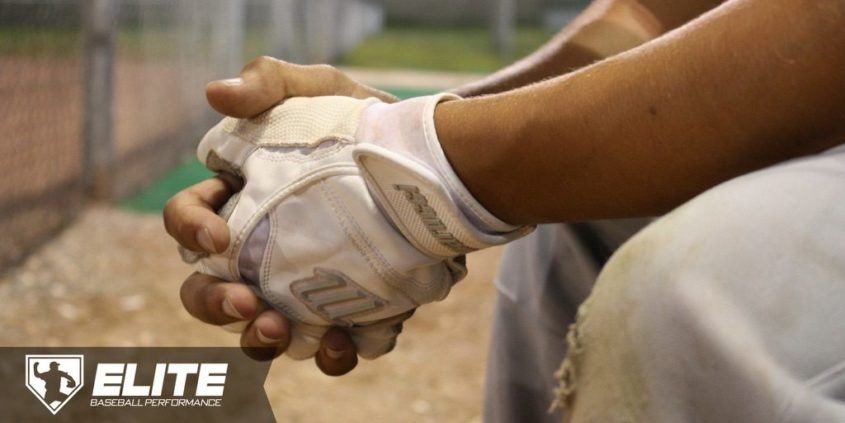
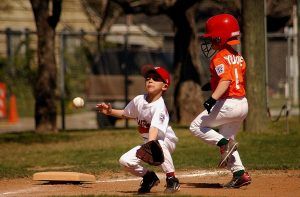
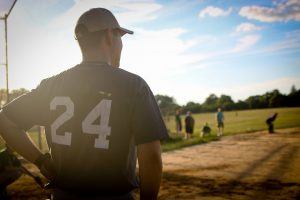
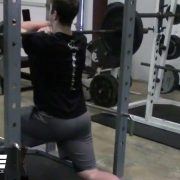

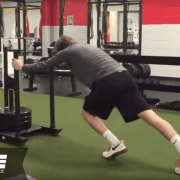



Leave a Reply
Want to join the discussion?Feel free to contribute!